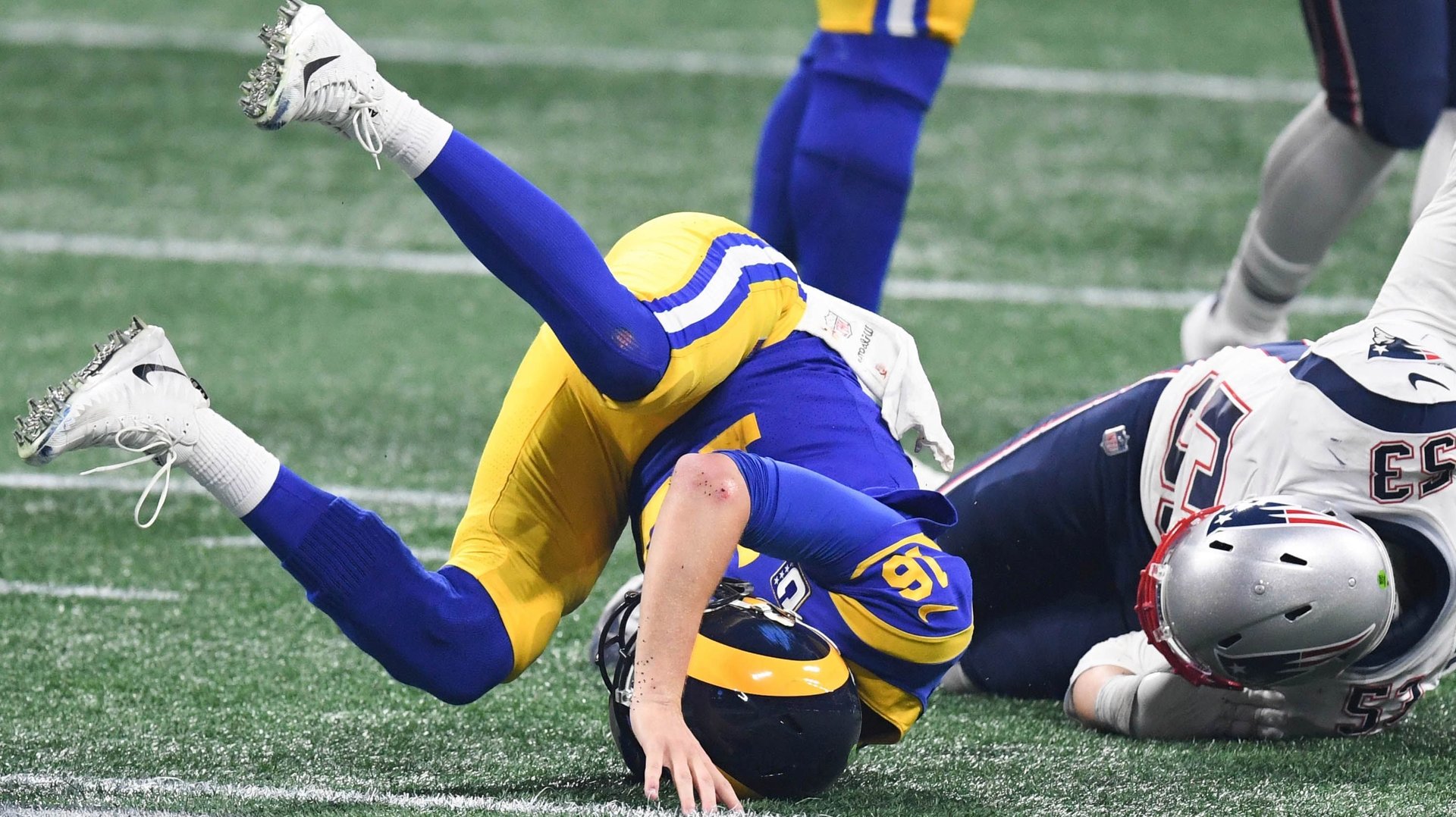Your office pool never went this wrong: $375,000 lost
Playing Super Bowl squares is supposed to be a harmless distraction, a bonding exercise that livens up life at work for a week or two, may offer a refresher in statistics and math, and leaves a handful of people with modest winnings from their gamble.


Playing Super Bowl squares is supposed to be a harmless distraction, a bonding exercise that livens up life at work for a week or two, may offer a refresher in statistics and math, and leaves a handful of people with modest winnings from their gamble.
In Toronto this year, however, the story of a high-stakes game played by employees at the Toronto Stock Exchange has become a cautionary tale. One unnamed organizer lost $500,000 CAD in cash (US$375,00), the Globe and Mail reports (paywall); apparently he had been robbed.
Perhaps because this is Canada, there were no hard feelings. The Globe writes:
A number of pool participants who spoke to The Globe and Mail were granted anonymity because of their fears that their wagers were illegal. But none are particularly upset. In fact, they were uniformly sympathetic with the organizer and his plight.
Super Bowl squares: A game of pure chance
The American Gaming Association estimated that 1 in 10 Americans would place a Super Bowl bet this year, and that a total of nearly $6 billion would be wagered. Some bets would be placed through illegal bookies or offshore online betting sites, and millions through contests like a casual game of squares whether with friends or colleagues. (Note: Casual doesn’t mean legal in the US, or in Canada.)
The basic premise of squares is simple: Everyone who pays into the pool is assigned a numbered square on a 10 x 10 grid, on which the competing teams correspond with either the x or y axis. You win when the score after the first, second, or third quarter, or at the end of the game, matches the numbers in your square. For instance, if the score is 3-0 at half-time, and you “own” the 3-0 box, you’ll take home the prize for that round.
Sometimes the payouts are distributed evenly for each quarter, but many offices give the largest chunk of the pot money to the person whose square matches the final score.
In an average office, as the Globe reports, a square might cost $10 or $20. The Toronto game was not average: the cost of entry was $5,000 per square, paid “preferably in $100 bills.”
“Run by an old-school floor trader from the Toronto Stock Exchange, the private gambling affair is highly exclusive, and entry is open only to those with the right connections,” the Globe explains.
Where did the money go?
It’s still unclear exactly what happened to the money, which went missing a few days before the game and has not been reported to any of the local police agencies contacted by local reporters. One source told the paper that he heard there was a robbery at a suburban home (it’s unclear whether it was the coordinator’s home), and another heard that “the house got trashed.”
The grand winner this year, who should be $300,000 richer today, was someone the Globe described as “a veteran real estate financier.” Even he had only sympathy for the organizer, who had emailed the group with an apology. “I appreciate everyone’s input and understanding given the unfortunate events leading to this and we will be making significant changes to the collection process going forward,” he wrote in a message the Globe obtained.
One of those changes will see the prize payouts reduced for games in the next four years, so that part of the collected money will go to this year’s winners as part of a repayment plan.